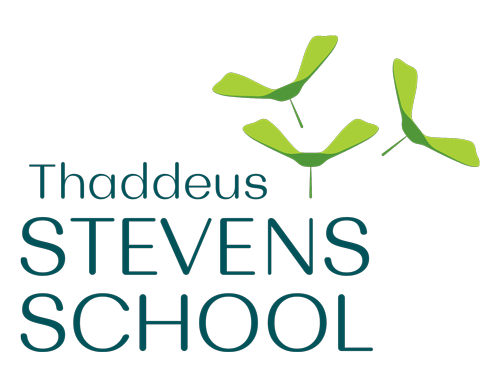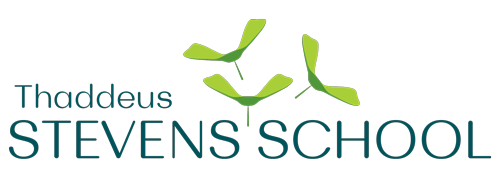39 Luther Circle
PO Box 274
Lyndon Center, VT 05850
Contact Us
An accredited independent day school serving Preschool-8th grade in East Burke, Vermont
Safe Environment Where Students Flourish
The thread of social justice awareness weaves through the entire school culture, building an appreciation for diverse points of views and cultures. Utilizing restorative justice models, the school creates an environment where students both develop their voice and also learn to hear and honor other perspectives.
We believe that education must not only provide knowledge but also cultivate knowledgeable people who participate responsibly in a democratic society, citizens who use information to solve problems and to promote ideas.
The work of John Dewey and Mortimer Adler underscores the School’s philosophy of education. Both philosophers suggest that the transfer of knowledge is only part of the role of schools. Thinking, reflecting on factual information, finding cross-connections and “mutual” points of contact create citizens able to function equitably in their communities. School environments in which thinking reflectively can occur on a daily basis teach students to become citizens of their nation and of their world. Such an environment requires commitment on the part of all members of a school community to provide opportunities of time and experience for students to feel safe enough to reflect honestly on their behavior and to weigh the impact of their behavior on the larger community. The School accepts that in any human interaction conflicts will arise and has developed a number of formal and informal ways to foster responsible, compassionate behavior.
In 2005 the Thaddeus Stevens School joined the national network of First Amendment Schools. The network schools are “designed to transform how schools teach and practice the rights and responsibilities of citizenship that frame civic life in our democracy.” Their vision that the “five freedoms protected by the First Amendment are a cornerstone of American democracy and essential for citizenship in a diverse society” dovetails with the Thaddeus Stevens School mission to prepare students who fulfill their “civic duties; embrace human diversity; and thrive in a complex world.”
Resolving student interpersonal conflicts through the prism of civic duty provides a broad context for students to examine their behavior in terms of the school community and how the group works as a whole unit. Teachers work to ensure that all voices are heard and students participate in the resolution of any problems. The School mission, the idea that responsibility is necessary to maintain democratic ideals, and the importance of respect for self and others are all used to resolve conflict and re-establish the intellectual and emotional safety that promotes critical thinking.
The first week of school is devoted to an orientation of our academic and our citizenship standards and expectations. Students participate in a number of team-building exercises and a workshop designed by the American Civil Liberties Union called the Pyramid of Hate. During this workshop students work in groups discussing the various types of name-calling, stereotyping, exclusion, and rumor that they have experienced both as a perpetrator and as a victim. Large and small group discussions suggest ways to avoid such behaviors and the benefits to becoming an inclusive person. The orientation activities serve as touchstones throughout the year as issues or conflicts arise.
If there are ongoing issues between and among students, the School is prepared to interrupt the schedule, open a forum for discussion, and to provide time for students to openly process their grievances. Once students are aware of this process and have experienced it, they become more able self-govern their interactions with others.
The focus is always on becoming citizens who are able to “thrive in a complex world.”
BEGIN YOUR JOURNEY AT THADDEUS STEVENS SCHOOL TODAY!
CONTACT US
PROGRAMS
Accredited by the New England Association of Schools and Colleges
Member of the First Amendment Schools Network
Member of the Vermont Independent Schools Association



